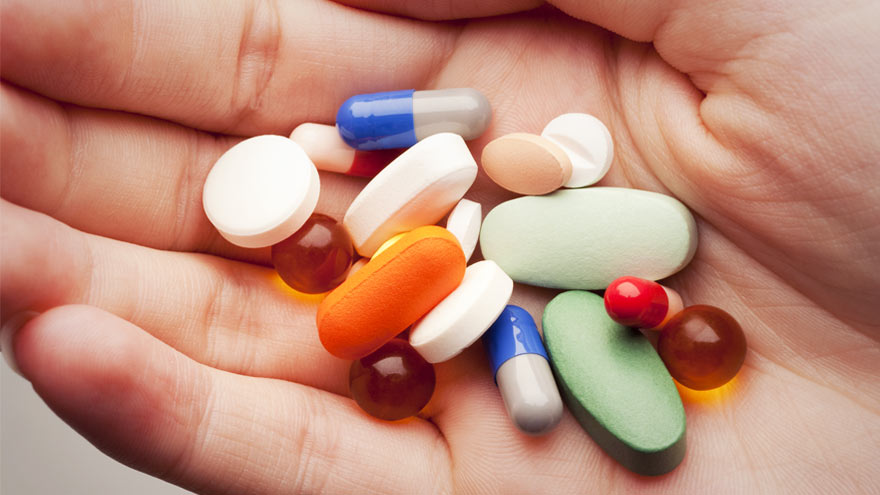Renown Pharmacy
Explore Renown's retail pharmacy, including prescription transfer, vaccinations, locations and accepted insurances.
February 13, 2018

Most prescriptions meds are available in generic form. Find out the similarities and differences between the two and how to determine whether a generic is right for you.
Approximately 80 percent of prescriptions sold today are generics. If you’re taking a prescription medication, chances are it’s a generic form of the brand-name drug. But are you getting the same quality in a generic medication?
The answer in most cases is yes — generics, just like branded products, are regulated by the Food and Drug Administration. “To have a generic product approved by the FDA, the generic manufacturer must prove that its product is bioequivalent to the branded product,” explains Adam Porath, PharmD, BCPS AQ-Cardiology, BCACP and Vice President of Pharmacy Services. Basically, it has to function the same.
“Generic products are extremely well tolerated and will provide the same results as using a branded product,” Porath says.
When pharmaceutical companies develop a new drug, they are paying for research, development, clinical studies, marketing — in some cases it can cost more than $800 million and take 10 to 15 years to develop a new drug.
“The manufacturers of branded medication products have to recoup their research and development costs,” Porath says.
So companies are granted a limited patent to sell their drug without the competition of generic counterparts. “When patent exclusivity ends, the market is open for any generic manufacturer to make a competing product with FDA approval.”
Without the same startup costs, companies can sell generics at 80 to 85 percent less. And because more than one company can produce the same generics, competition drives prices even lower.
How do you determine if a generic is right for you? First, find out if your medication has a generic counterpart and check your insurance. Some companies require generic prescriptions.
A few things to note about generics:
If you have further questions about generic prescriptions, consult your doctor or pharmacy. Renown patients can also review their prescriptions on MyChart — Renown’s free, secure online patient portal that allows you to manage your healthcare information.
If you are a Renown patient you can also review your prescriptions online, request a refill or ask a question via MyChart. With MyChart, you can access all your healthcare information securely 24/7.